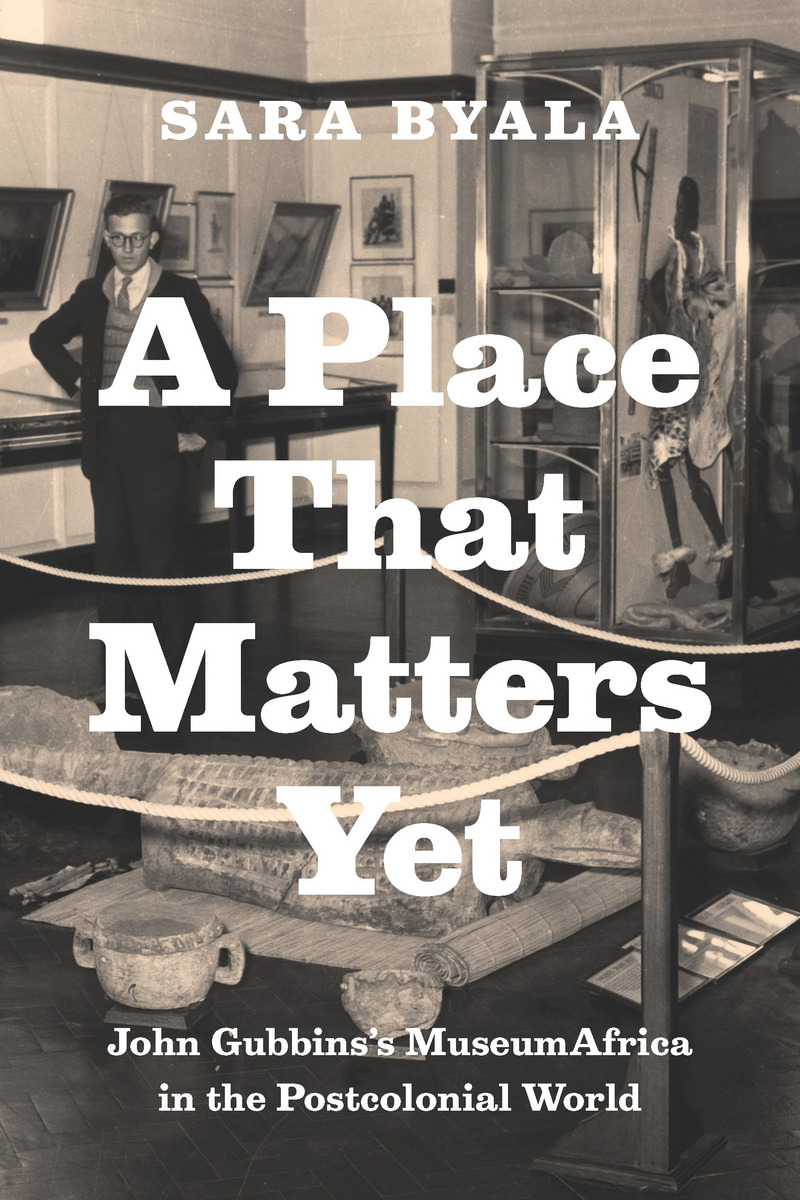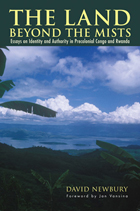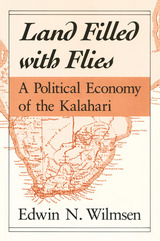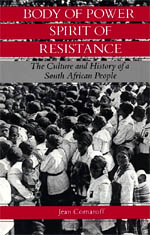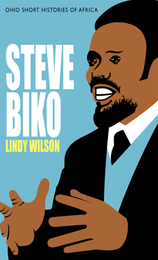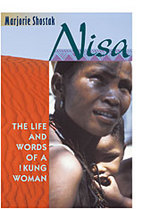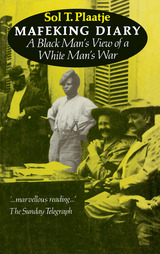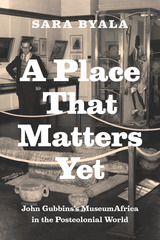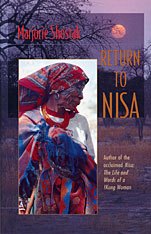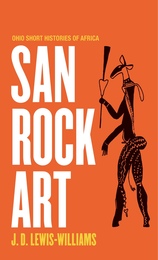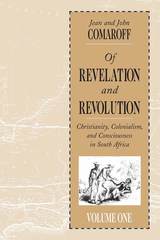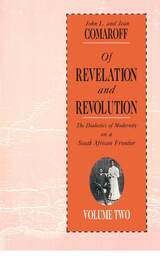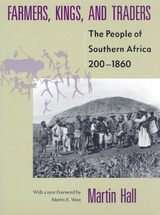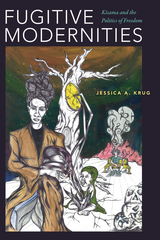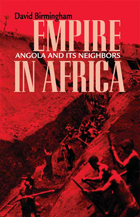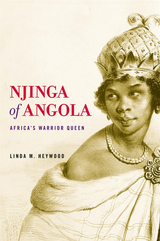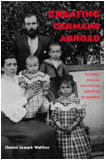A Place That Matters Yet: John Gubbins's MuseumAfrica in the Postcolonial World
University of Chicago Press, 2013
Cloth: 978-0-226-03027-2 | eISBN: 978-0-226-03044-9 | Paper: 978-0-226-03030-2
Library of Congress Classification DT1006.J65B93 2013
Dewey Decimal Classification 069.0968221
Cloth: 978-0-226-03027-2 | eISBN: 978-0-226-03044-9 | Paper: 978-0-226-03030-2
Library of Congress Classification DT1006.J65B93 2013
Dewey Decimal Classification 069.0968221
ABOUT THIS BOOK | AUTHOR BIOGRAPHY | REVIEWS | TOC | REQUEST ACCESSIBLE FILE
ABOUT THIS BOOK
A Place That Matters Yet unearths the little-known story of Johannesburg’s MuseumAfrica, a South African history museum that embodies one of the most dynamic and fraught stories of colonialism and postcolonialism, its life spanning the eras before, during, and after apartheid. Sara Byala, in examining this story, sheds new light not only on racism and its institutionalization in South Africa but also on the problems facing any museum that is charged with navigating colonial history from a postcolonial perspective.
Drawing on thirty years of personal letters and public writings by museum founder John Gubbins, Byala paints a picture of a uniquely progressive colonist, focusing on his philosophical notion of “three-dimensional thinking,” which aimed to transcend binaries and thus—quite explicitly—racism. Unfortunately, Gubbins died within weeks of the museum’s opening, and his hopes would go unrealized as the museum fell in line with emergent apartheid politics. Following the museum through this transformation and on to its 1994 reconfiguration as a post-apartheid institution, Byala showcases it as a rich—and problematic—archive of both material culture and the ideas that surround that culture, arguing for its continued importance in the establishment of a unified South Africa.
See other books on: Anthropological museums and collections | Johannesburg | Physical | Republic of South Africa | South Africa
See other titles from University of Chicago Press
